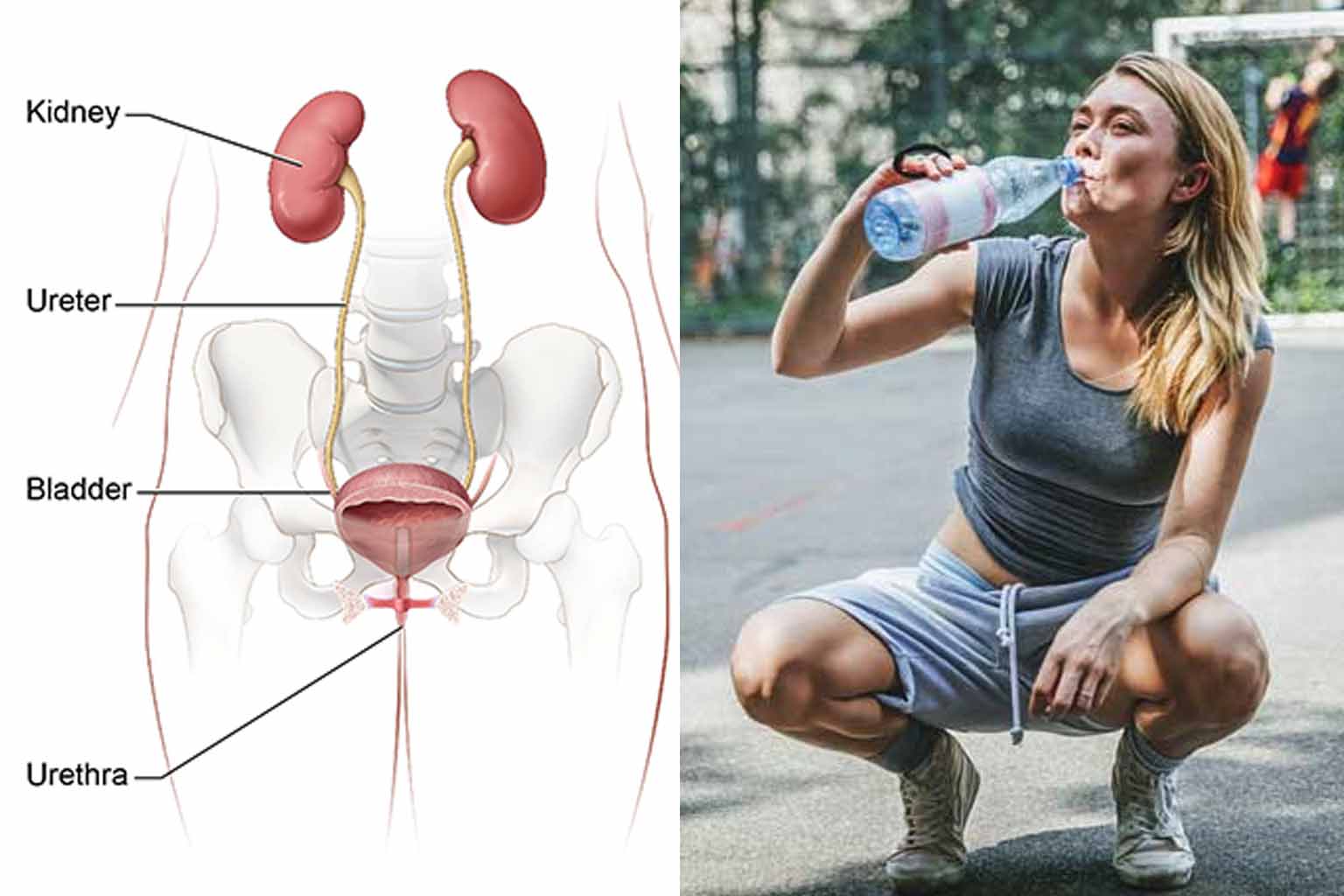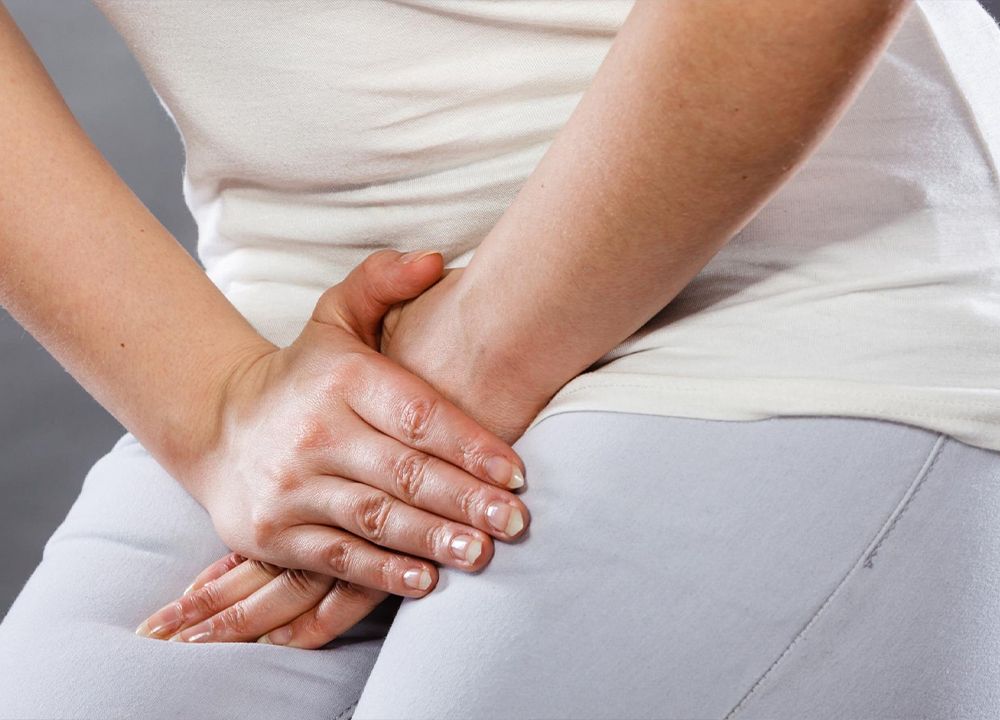A healthy adult bladder can hold up to 16 ounces, or 2 cups of urine. Everyone has held in urine for some time during their life despite having the urge to pee, and might have wondered and even researched whether holding pee is a healthy habit or not!
Is It Safe To Hold Your Pee?
If the urinary system is healthy, then holding their pee for some time isn’t dangerous. However, if an adult is holding more than 2 cups of urine for long, the person may start feeling uncomfortable.
For people with an overactive bladder, holding the pee and regulating a full bladder is an integral part of bladder training. For them, this habit, in addition to the regular bladder training, will help in developing an active urination schedule. In some cases, holding pee for long can be hazardous. Keeping the urine can lead to infection and kidney disease for persons suffering from the following conditions:
- An enlarged prostate
- A neurogenic bladder
- Kidney disorders
- Urinary retention
Also, a pregnant woman is at an increased risk for UTIs and holding the urine and keeping a full bladder can further heighten this risk.
The Bladder when it is Full
When the bladder is about half full, it activates the nerves which send signals to the brain to send impulses and urge the body to urinate. After that, the brain transmits the signals to the bladder to hold on until it’s time for peeing. Holding pee for long involves the conscious fight with this signal to urinate. The signals by the brain to urinate differ from person to person and time to time. For example, the signals decrease during the night more than the daytime.
Does holding Urine for long cause UTIs?
Holding a pee doesn’t cause a UTI; they are caused when bacteria infect the urinary tract.
If the bladder is not emptied regularly, bacteria will build up in the bladder, which would lead to a UTI. Also, the risk of a UTI increases if the person doesn’t drink adequate amounts of water. This is because the bladder isn’t full enough, and bacteria that is already present in the bladder would build up and cause an infection.
 Holding Pee For Long
Holding Pee For LongWhat if someone needs to hold Pee?
If you have the urge to pee, it is advisable to go and pee. But, if you are advised for bladder training, or are unable to access a bathroom, then you can do the following things to distract the mind from the urge and the full bladder:
- Indulge in a task which will keep the mind engrossed
- Switch to music or read books
- Divert your mind through social media
- Keep yourself warm, as being cold can bring the urge to urinate.
Reasons why you shouldn’t hold you pee
- Burst Bladder: Though it’s unlikely to happen, but the bladder can burst if you hold pee for long and too much. If the bladder bursts, it will fill the abdomen and the person will have to face an emergency surgery. But it is more likely for the bladder to stretch making the muscles weaker for holding pee and you will end up leaking your pants.
- Infection: Holding pee for long increases the chance of contracting a UTI. A UTI happens when the urinary tract becomes infected, mostly by bacteria. This will further lead to pain, burning and stinging sensation while peeing.
- Incontinence: This is when the body struggles to control the urge to pee. If incontinence occurs, then a simple sneeze or even a cough can make you leak pee. Incontinence is caused by the weakening of the pelvic floor muscles. The muscles also become weaker if you frequently hold your pee.
- Kidney Stones: If a person drinks less water and holds pee for too long, it is likely that the person will have kidney stones over time. Though most kidney stones are small and pass out through pee, some require surgery to remove them. If you have kidney stones, you will experience a persistent ache in lower back, nausea, and pain and blood in your pee.
 Holding Pee For Long
Holding Pee For Long- Stretched Bladder: This is when the bladder muscles stretch and as a result the capacity to hold pee weakens. When the bladder becomes too full, the liquid makes the muscles and membranes stretch. When this happens too often, it will make it difficult for the person to release pee normally in future as the bladder doesn’t bounce back to its original shape.
- Pain: Holding pee for too long or a full bladder may also cause pain as the muscles remain too clenched after peeing and they find it difficult to relax later.
In the majority of cases, holding pee for long isn’t harmful to health. However, if the urge to urinate is adversely affecting daily life, it is essential to consult a doctor. As holding pee for too long is not advisable and can lead to UTIs.
Also read; Bladder Pain Syndrome

